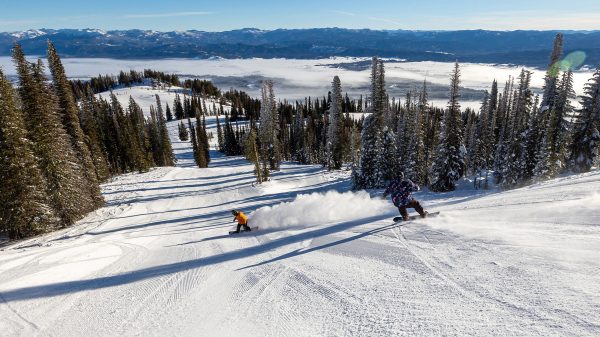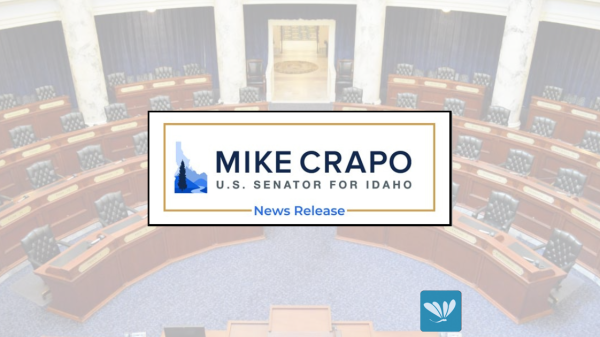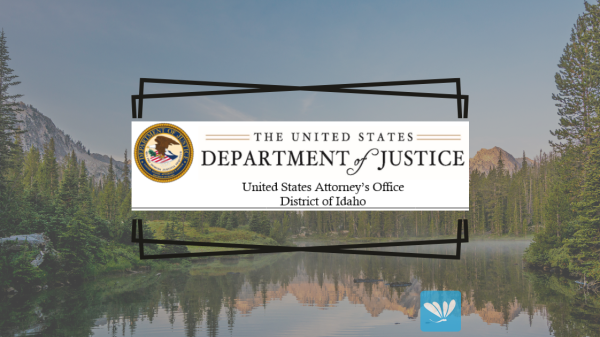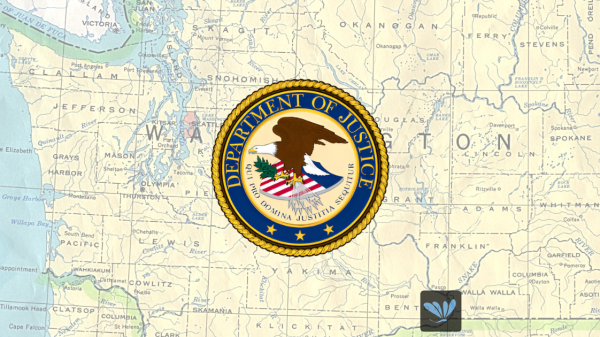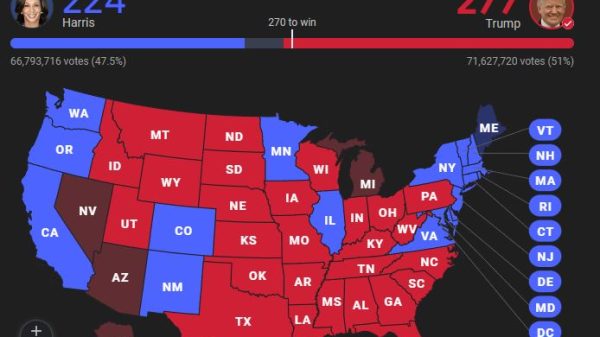BOISE – A March 19, 2024 federal court decision will change wolf trapping seasons in some regions of Idaho based on their alleged potential effect on grizzly bears.
“We’re very disappointed in this decision,” Fish and Game Director Jim Fredericks said. “While wolf trapping seasons will change to comply with the order, we’re considering our legal options to reverse a decision we believe is wrong based on the law and on-the-ground reality.”
The ruling perpetuates misunderstandings about wolves, grizzly bears, and trapping in Idaho, Fredericks added.
“Idaho has had wolf trapping seasons for over 10 years. We’ve proceeded cautiously regarding the expansion of wolf seasons over the years, including protections for our grizzly bear populations,” he said. “There’s no evidence of a grizzly bear injured, or even caught, in a legally set trap during our wolf trapping seasons.”
Prior to this decision, Fish and Game wolf trapping seasons varied across the state, based on public and private lands, potential conflict with other land users, and wolf conflicts with livestock and people.
All wolf trapping seasons allow foothold trapping, which are nonlethal traps, designed to allow a trapper to release animals they do not want to keep, or cannot legally keep. Snaring wolves is more restricted, and it is not allowed in areas that grizzlies inhabit except during winter when bears hibernate.
Fredericks added that not only does the lawsuit and decision undermine support for the Endangered Species Act, but it’s also counterproductive to the grizzly bear conservation that Idaho and neighboring states have done to sustain and increase grizzly populations.
“For over 40 years, local and state governments, collaborative conservation organizations, landowners, local communities, outdoor recreationists, and others have worked together to build social tolerance for grizzly bears in Idaho,” Fredericks said. “That includes campaigns on how to live and recreate in grizzly bear habitat. Instead of supporting or recognizing those remarkably successful efforts, this decision calls our efforts into question.”
The decision also casts doubt on the further expansion of grizzly populations through reintroductions currently being proposed by the U.S. Fish and Wildlife Service.
“For anyone who’s questioned why many Idahoans are very concerned about the potential expansion of grizzly bear range in Idaho, I would say look no further,” Fredericks said. “Without hard evidence, the decision punishes our successful grizzly bear conservation efforts. The decision also restricts recreational opportunities and limits state wildlife management based on a notion of grizzly bear habitat, including outside of occupied ESA recovery areas and resident grizzly bear populations.”
While the decision restricts how Fish and Game manages wolf trapping seasons, it does not affect other state management authorities to address wolf predation on livestock and backcountry elk herds and other objectives identified in Fish and Game’s Gray Wolf Management Plan.







